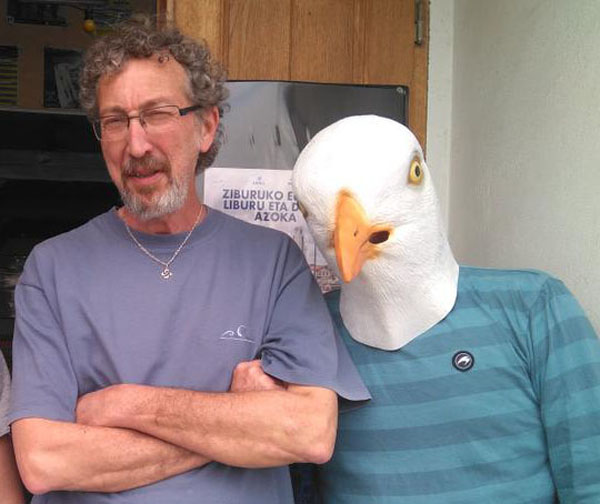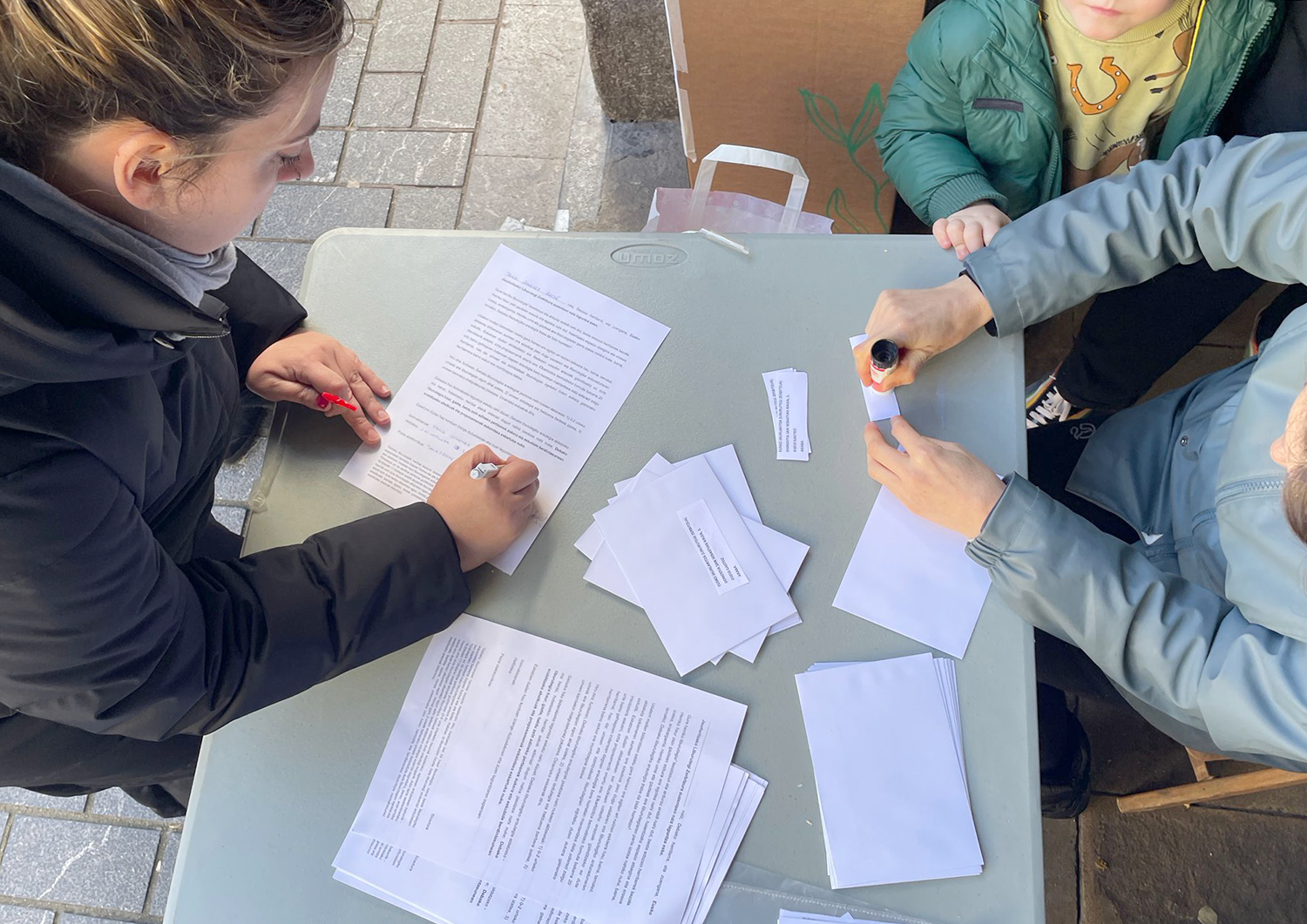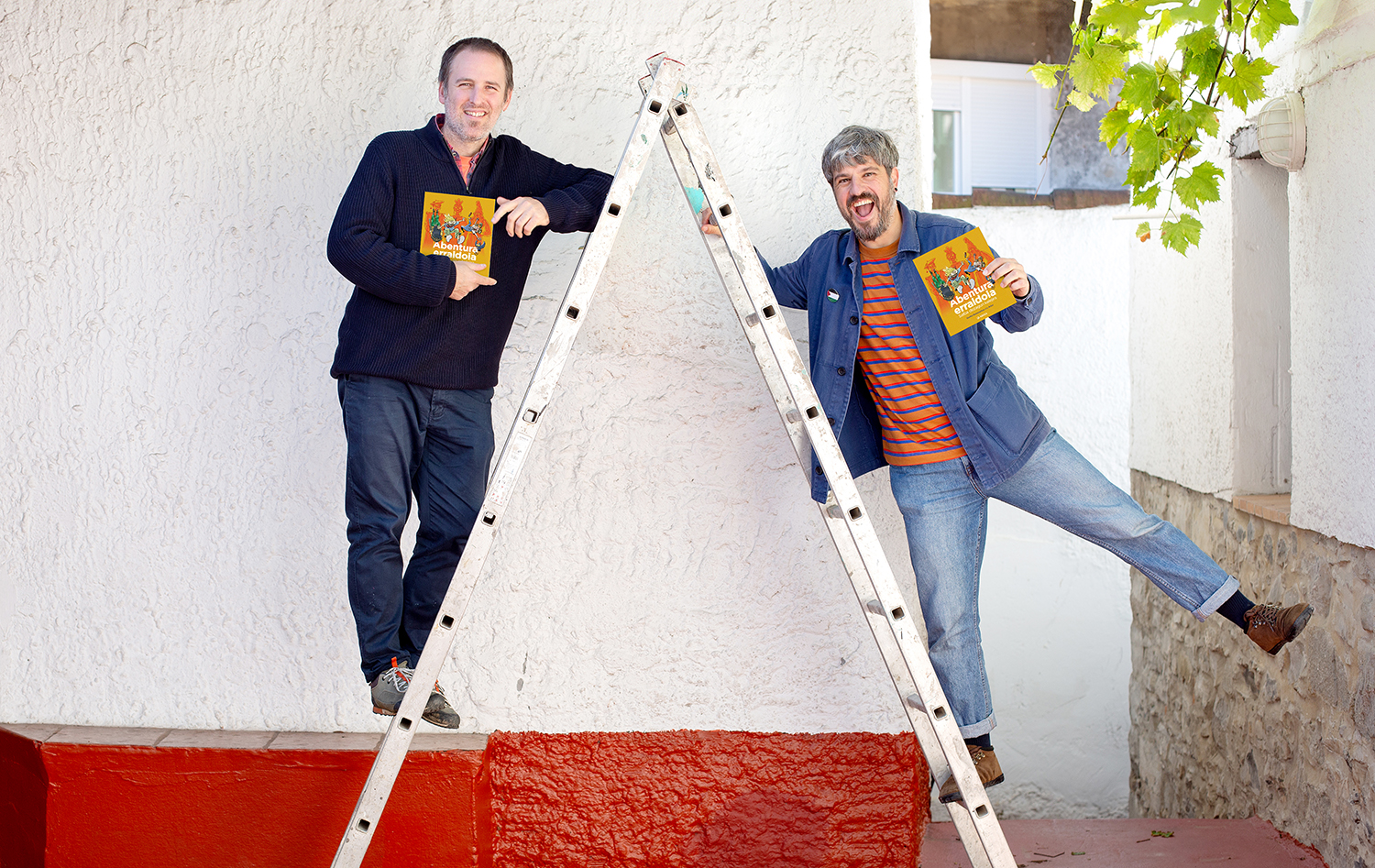Algaraca

The Algara mutilatuak essay by Ane Labaka Mayoz is the ninth book that has just taken out the Lisipe collection. The collection offers us the possibility of seeing the Basque culture from a feminist perspective in general and, in particular, this last issue makes a review of humor.
I went straight to the index and started reading enthusiastically. I soon realized that, despite being a short book, I would receive a lot of information. Labaka mentions books, articles, authors and interviews to endow and justify his work. He has also used interviews with bertsolaris to broaden his views and show the particular case of Bertsolaris.
Josune Muñoz has shown that the best way to read essays is to start with the chapter that awakens the most interest in the agenda. Attentive to my teachers and I went straight to the fourth chapter. I found it a particularly necessary approach to what it does, and what it has given me the most is what to think. Labaka writes about the need for complicity between humorous women and viewers. Here it refers to the need to make humor about them in order to be able to see the women of the public or to be able to do it without the need to get wet or careless.
The book begins with the definition and historical view of humor. The first chapter tells us what humor is, what it is used for and how this idea has historically emerged. It is reported in a fluid way, it is easy to understand and at the same time the author suggests several references to read more by pulling the topic.
The second and third chapters address the most frequent debates we have heard. Who and in what direction does humor and whether humor has to have limits. Although the debates are more heard, Labaka has searched for borders through the other creators. It does not propose a single answer and it seemed to me that all the creators who have taken the floor have northern freedom. Create freer, make you laugh freer and laugh freer. Although they are based on different experiences, feminism has provided them with shared, careless spaces.
Ane Labaka works on several projects, is part of the collective Txakur Gorria, bertsolari, has carried out several studies and has created along with Beatriz Egizabal the Erradikalak gara theatre works. Thank you for making laughter, exploiting laughter and empowering laughter.
Party and recreation. Oral History of Rock Radical Vasco
Javier 'Jerry' Corral
Books, 2025
------------------------------------------------
Javier Corral ‘Jerry’ was a student of the first Journalism Promotion of the UPV, along with many other well-known names who have... [+]






















